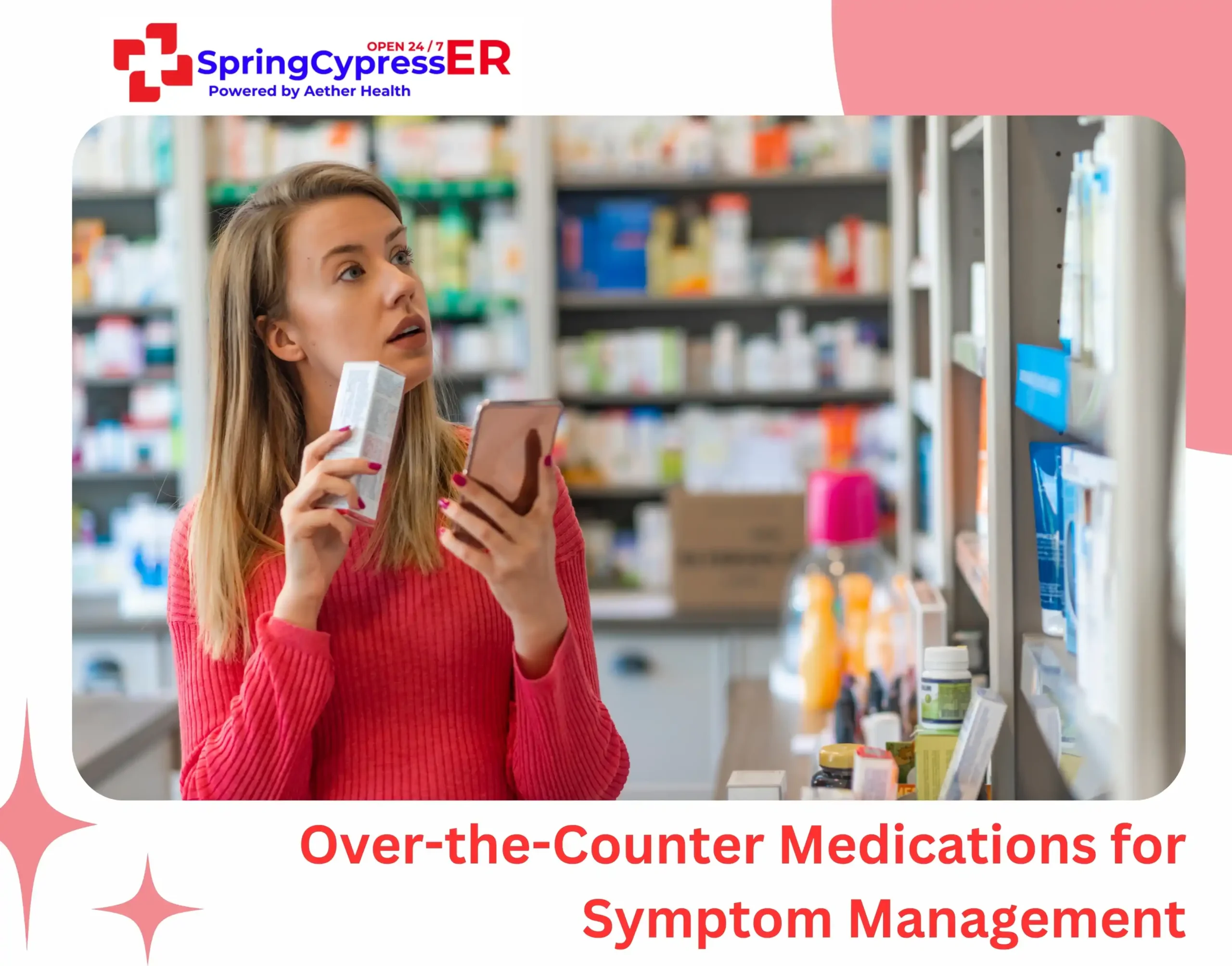Grabbing antibiotics off the shelf might seem convenient when you’re sick and busy, but convenience shouldn’t come at the cost of your health. Over the counter antibiotics can be helpful, but only if you know how to use them safely.
In this guide, we’ll cover which antibiotics are available without a prescription, when they’re appropriate, and how to avoid the risks of overuse. You’ll walk away ready to make safer, smarter decisions for your health.
Can You Buy Antibiotics Over the Counter?

The short answer is ‘No’. In most countries, including the United States, Canada, and the United Kingdom, you cannot purchase traditional systemic antibiotics over the counter without a prescription.
This includes common antibiotics like amoxicillin, azithromycin, ciprofloxacin, and doxycycline. These medications require a prescription from a licensed healthcare provider due to their potential for serious side effects, drug interactions, and the critical issue of antibiotic resistance.
However, there are some exceptions and nuances to this rule. Certain topical antibiotics for external use are available without a prescription, and some countries have different regulations regarding antibiotic access.
Understanding Prescription Requirements for Antibiotics
The prescription requirement for antibiotics exists for several important reasons. Healthcare professionals need to properly diagnose bacterial infections, determine the appropriate antibiotic type and dosage, and monitor for potential adverse reactions. Misuse of antibiotics can lead to treatment failure, unnecessary side effects, and contribute to the growing global problem of antibiotic resistance.
When healthcare providers prescribe antibiotics, they consider factors such as the type of infection, the patient’s medical history, potential drug interactions, allergies, and the local patterns of bacterial resistance. This individualized approach ensures the most effective and safest treatment possible.
Topical Over the Counter Antibiotics
While systemic antibiotics require prescriptions, several topical antibiotic preparations are available over the counter for minor cuts, scrapes, and superficial skin infections. These include:
- Bacitracin is commonly found in first-aid ointments and is effective against gram-positive bacteria. It’s often used to prevent infection in minor wounds and cuts.
- Neomycin is another topical antibiotic frequently combined with other ingredients in over-the-counter preparations. However, some people may develop allergic reactions to neomycin with repeated use.
- Polymyxin B is often combined with bacitracin and neomycin in triple antibiotic ointments. These combinations provide broad-spectrum coverage for preventing and treating minor skin infections.
These topical antibiotics are generally safe for short-term use on minor wounds but should not be used for extended periods or on large areas of damaged skin without medical supervision.
Alternative Options and Natural Remedies
For those seeking alternatives to prescription antibiotics, several options exist, though it’s important to note that these should not replace professional medical care for serious infections:
- Antiseptic solutions like hydrogen peroxide, iodine, and alcohol can help prevent bacterial growth in wounds and may be effective for minor infections.
- Honey, particularly medical-grade manuka honey, has antimicrobial properties and has been used historically for wound care. Some studies suggest it may be effective against certain bacteria, including some antibiotic-resistant strains.
- Tea tree oil possesses natural antimicrobial properties, though it should be used with caution as it can cause skin irritation in some people.
- Silver-containing products are available over the counter and have antimicrobial properties, particularly useful for wound care and burn treatment.
Over-the-Counter Medications for Symptom Management

While you cannot purchase antibiotics over the counter for systemic infections, various medications can help manage symptoms while your body fights off infections:
- Pain relievers such as acetaminophen and ibuprofen can help reduce fever and discomfort associated with infections.
- Throat lozenges and sprays containing antiseptic ingredients can provide relief for sore throats, though they don’t treat underlying bacterial infections.
- Nasal decongestants can help manage symptoms of upper respiratory infections, making patients more comfortable during recovery.
- Cough suppressants and expectorants may help manage respiratory symptoms, though they don’t address bacterial causes.
The Bottom Line on Over the Counter Antibiotics

So, can you buy antibiotics over the counter? The answer is both yes and no:
YES – You can buy:
- Antibiotic ointments and creams for cuts, scrapes, and minor skin infections
- Benzoyl peroxide products for acne
- First-aid products with antibacterial ingredients
NO – You cannot buy:
- Pills or liquid antibiotics for internal infections
- Strong antibiotics like amoxicillin, azithromycin, or penicillin
- Anything that treats strep throat, UTIs, sinus infections, or pneumonia
What This Means for You:
- For minor cuts and scrapes: over the counter antibiotics from the pharmacy work fine
- For internal infections: you’ll need to see a doctor, use telemedicine, or visit urgent care
- For symptom relief: many over-the-counter medications can help you feel better while your body fights infection
Key Takeaway
Over-the-counter (OTC) antibiotics may offer quick relief for minor bacterial infections in regions where they are legally available, but their misuse can lead to antibiotic resistance, side effects, and delayed proper treatment. They should never be used for viral illnesses like colds or the flu. When symptoms are severe, persistent, or rapidly worsening, it’s essential to seek professional medical care instead of self-medicating.
FAQs
1. Are over-the-counter antibiotics safe to use without a doctor’s advice?
Not always, incorrect use can cause side effects, mask serious illnesses, and fuel antibiotic resistance.
2. What types of over-the-counter antibiotics are typically available?
In some regions, mild topical antibiotics (like ointments or eye drops) may be sold OTC, but oral antibiotics usually require prescriptions.
3. What should you do if over-the-counter antibiotics don’t improve your symptoms?
Stop self-medicating and see a doctor promptly, as you may need prescription treatment or further tests.
4. When should you avoid using over-the-counter antibiotics altogether?
Avoid them for viral illnesses, unknown infections, or severe symptoms, seek professional medical care instead.
5. Can expired over-the-counter antibiotics still be effective?
No, expired antibiotics may lose potency or become unsafe, and using them increases the risk of treatment failure.




